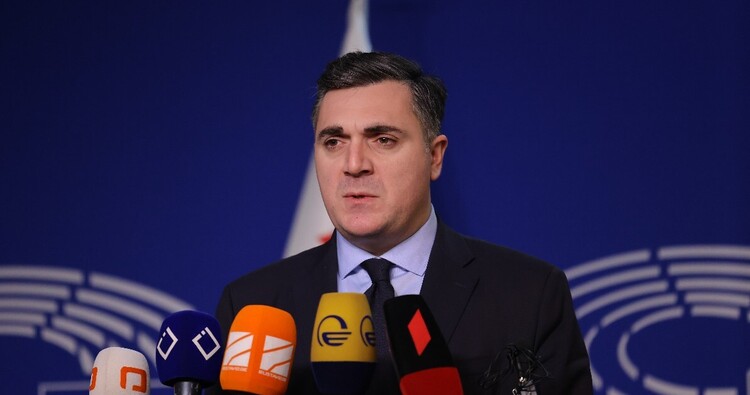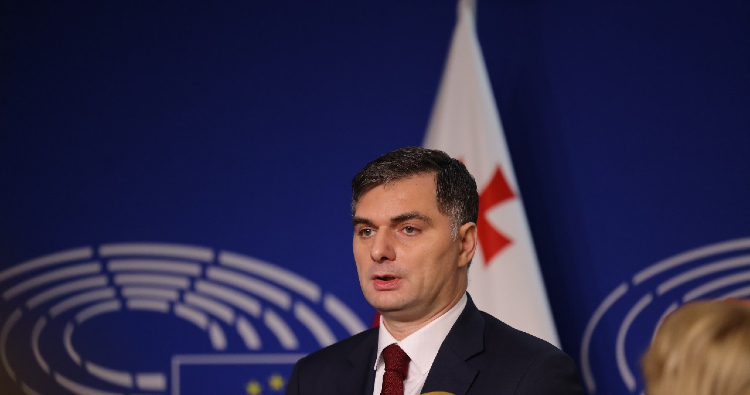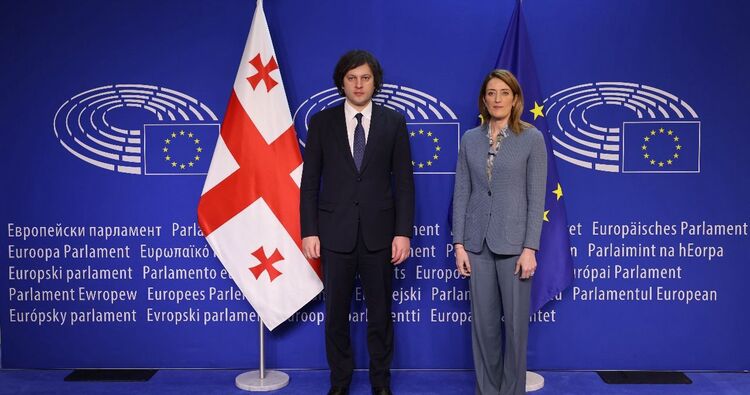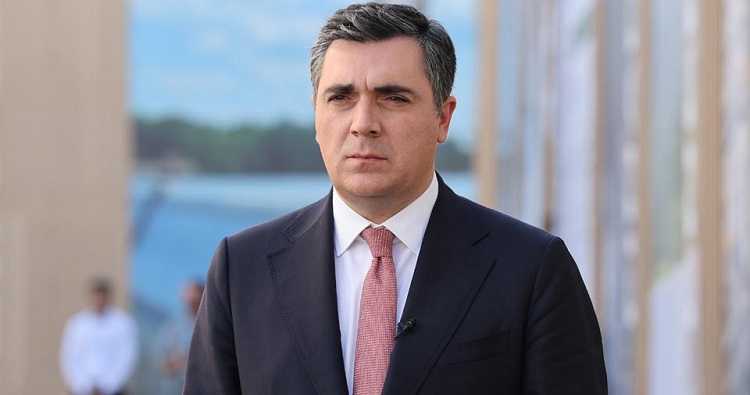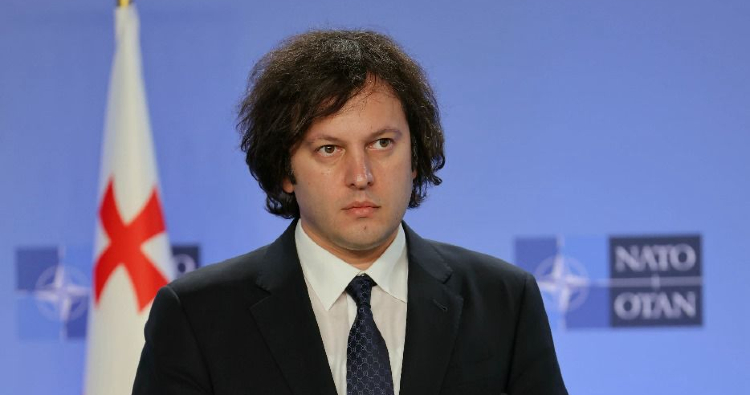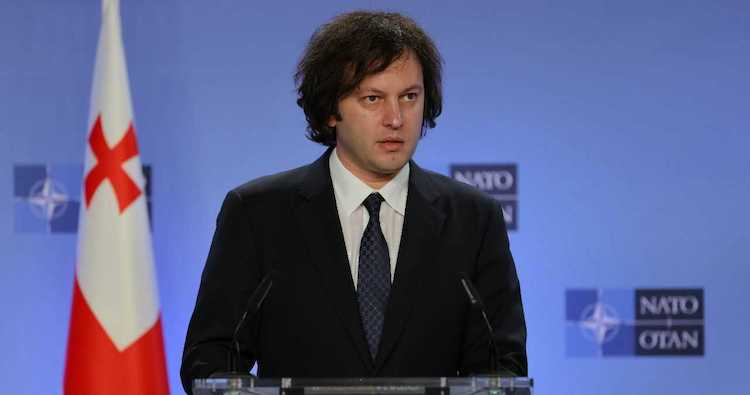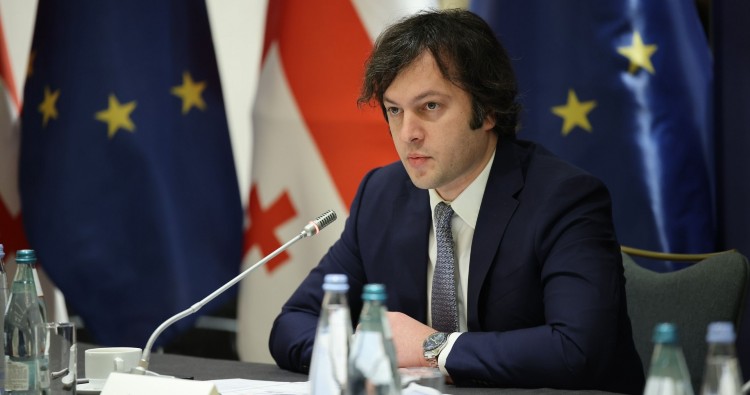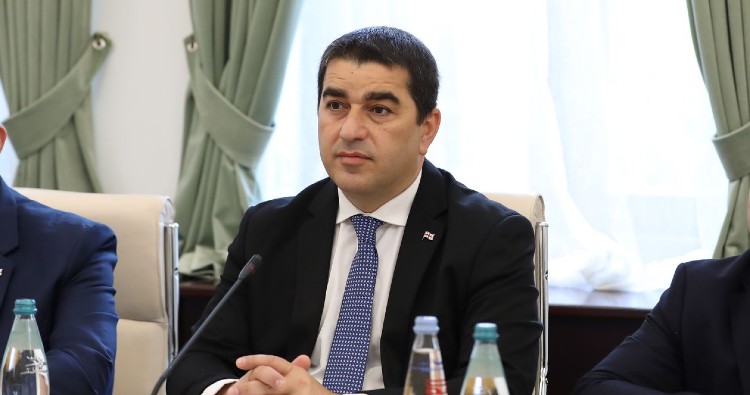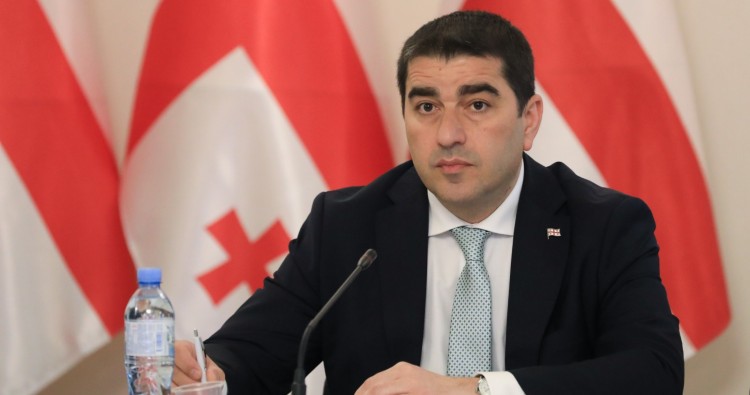EU-Georgia Association Council recognises “significant reforms” in a “number of areas” in country

It was also noted that the objective of becoming an EU member, which it said was “strongly supported” by Georgia’s people, the Government and across the political spectrum, had been a “key driver” in this respect. Photo: EU
The joint statement of the Association Council between the European Union and Georgia on Wednesday said the bloc recognised that Georgia had carried out “significant reforms” in a “number of areas” and “successfully” approximated its legislation with the EU acquis in “many sectors”.
The declaration confirmed the observations made in the European Commission report on Georgia, and reiterated the bloc’s commitment to strengthening EU-Georgia relations, emphasising the importance of fully exploiting the potential of the Association Agreement, including the Deep and Comprehensive Free Trade Area, and the effective implementation of the EU-Georgia Association Agenda.
It was also noted that the objective of becoming an EU member, which it said was “strongly supported” by Georgia’s people, the Government and across the political spectrum, had been a “key driver” in this respect.
The EU also urged all political actors in Georgia to demonstrate “constructive” cross-party cooperation and dialogue, overcome domestic political polarisation and refrain from actions that could further deepen the political tensions and hamper the country’s reform agenda.
The Council commended Georgia’s “vibrant” civil society and underlined the importance of inclusive, meaningful and systematic engagement with civil society in the policymaking processes.
Emphasising the importance of fighting disinformation, anti-EU rhetoric and foreign information manipulation and interference, the EU called on the Government to take meaningful steps in this regard, while noting the efforts made by it.
The joint statement also welcomed the “historic” decision of the European Council to grant Georgia the status of a membership candidate country on the understanding that the steps set out in the European Commission recommendation are taken.
The statement noted the outcome had taken the EU-Georgia relations to a “new strategic level”.
The EU took note of the adoption of the action plan to address the nine steps by the Government of Georgia in advance of the European Council decision and encouraged Georgia to further progress on reforms.
It also emphasised the importance of fulfilling the conditions specified by the European Commission through “meaningful and irreversible” reforms, prepared and implemented in consultation with the domestic opposition and civil society.
The bloc stressed that Georgia’s progress toward European Union membership would “depend on its own merit” in meeting the accession criteria.
 Tweet
Tweet  Share
Share
